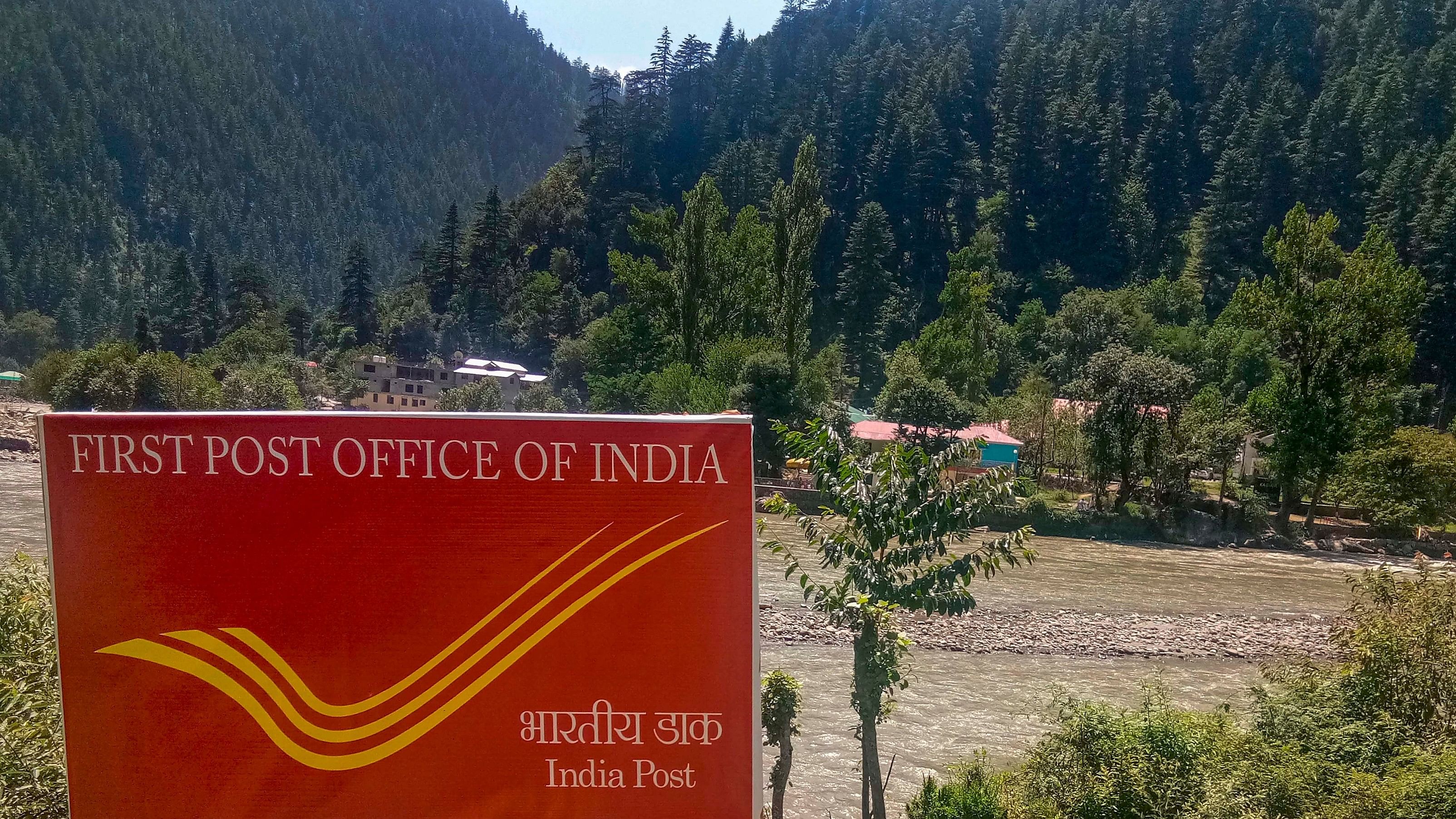
Representative image
Credit: PTI Photo
After the railway station, the most treasured place in our village, Sojat Road in Rajasthan, was its local post office, which served as the fulcrum around which the village’s socio-economic life revolved.
The very sight of an approaching postman filled people with hope and anxiety. It had been years since I last visited the single-story stone edifice of colonial times located in between the train station and the village, and I was lost in nostalgia as it brought back memories from
my early life.
Those days, a horde of waiting visitors, largely local merchants, would flock to its lone khaki-clad daakiya as soon as he emerged from the building every morning, clasping a fat bundle of pre-segregated posts to his chest.
Anxious to grab their daak at the earliest, the villagers would accompany him as if he were a VIP until he sat down somewhere midway. The postman knew them personally, so he could dispose of nearly half of his load with little effort. While some would become envious of those getting a handful of posts, those with nothing in their name would retreat dejected.
Sojat Road was then a small mandi in Rajasthan’s Pali district, where farmers from nearby hamlets would arrive with freshly harvested crops. Local merchants would purchase the produce in an open auction and resell it to wholesalers elsewhere. They had to depend heavily on the mail service, despite its sluggishness. The phone service was expensive and unreliable.
Based on the kind of their communication need, people would carefully weigh whether a postcard, an inland letter, a book post, an ordinary cover, or a registered post would be more economical. It was an accepted norm for traders to add the postal charges to their customers’ invoices. Because re-directing a post was free, some astute individuals would write their own message on an inward postal article and resend it to someone else! A few purposely under-stamped their envelope to send it like a registered article, knowing that the short payment would be recorded and double the amount recovered from the recipient. It still worked out cheaper!
In the building annexe was located the telegram office, where a table-mounted device made a constant tick-tick sound while sending or receiving short messages in a coded language.
The service was expensive, so people used it only in emergencies. A list of standardised greeting and obituary phrases provided a cheaper way of sending messages.
The consequences of any inadvertent goof-up by the device operator could be very unpleasant, like an incident in which a message scribbled in phonetic English on the telegram form, in all caps, PITAJI AJMER GAYE HEIN (Father has gone to Ajmer) got miscoded, reaching the receiver as PITAJI AJ MAR GAYE HEIN (Father expired today)!